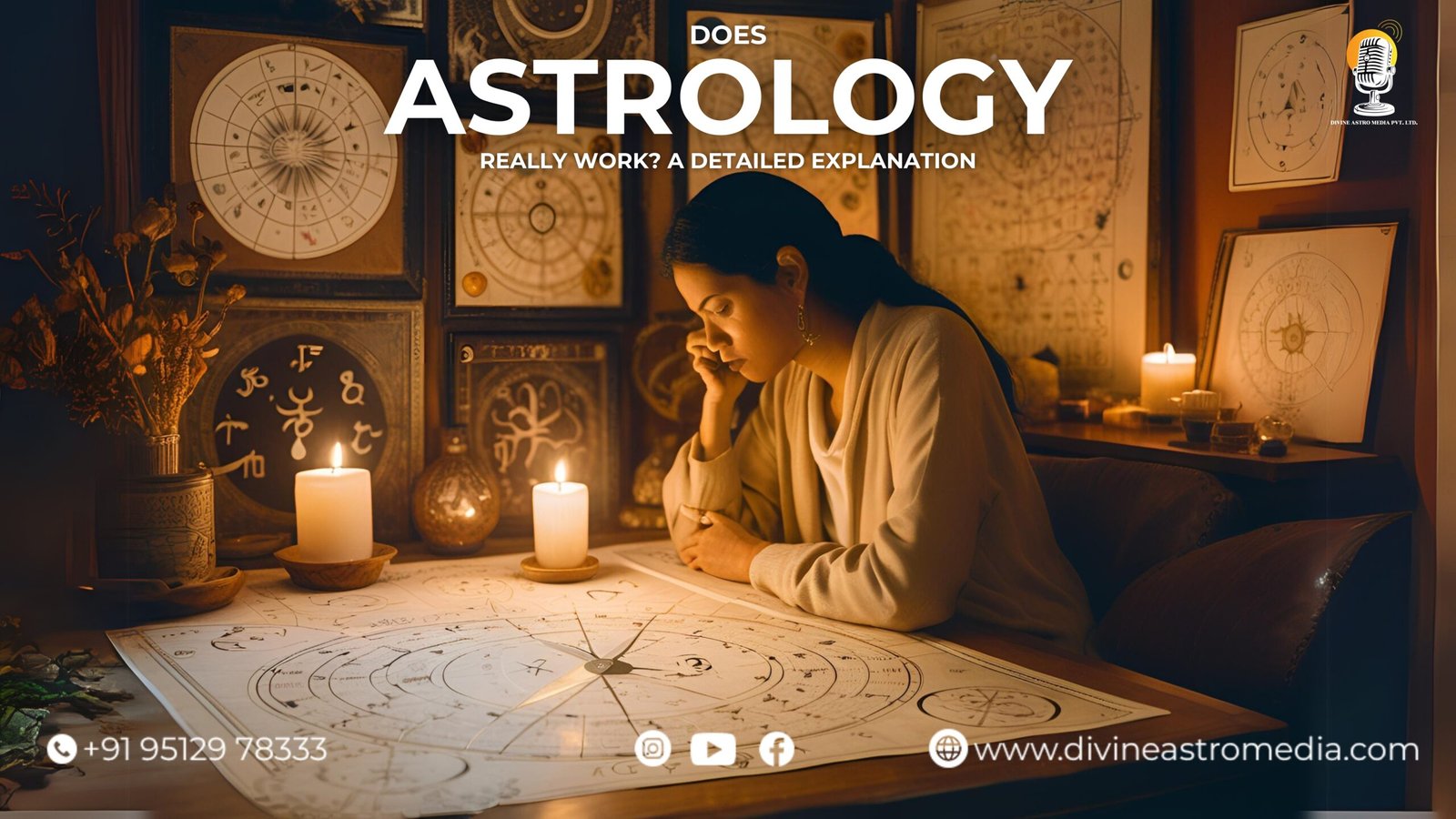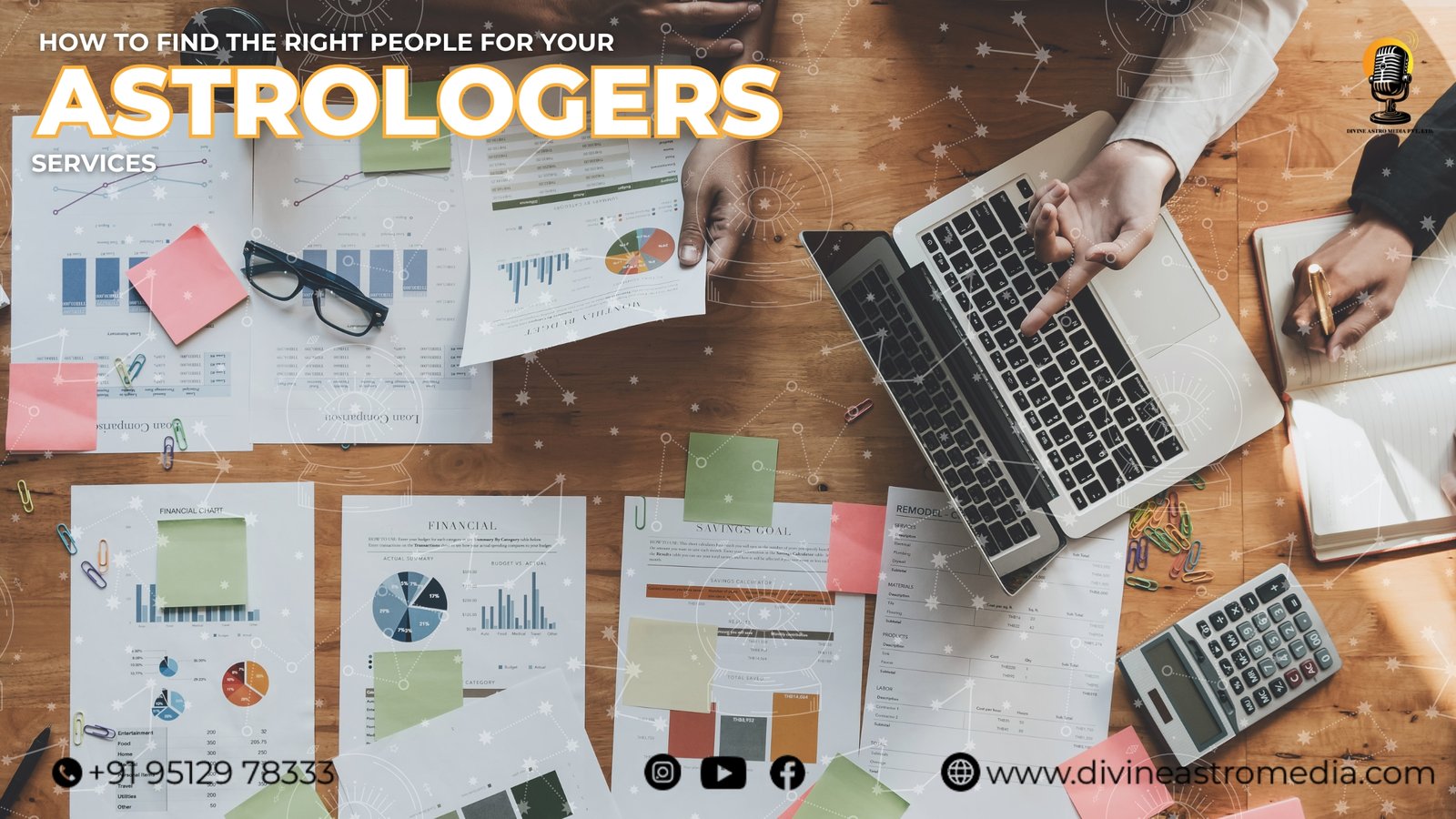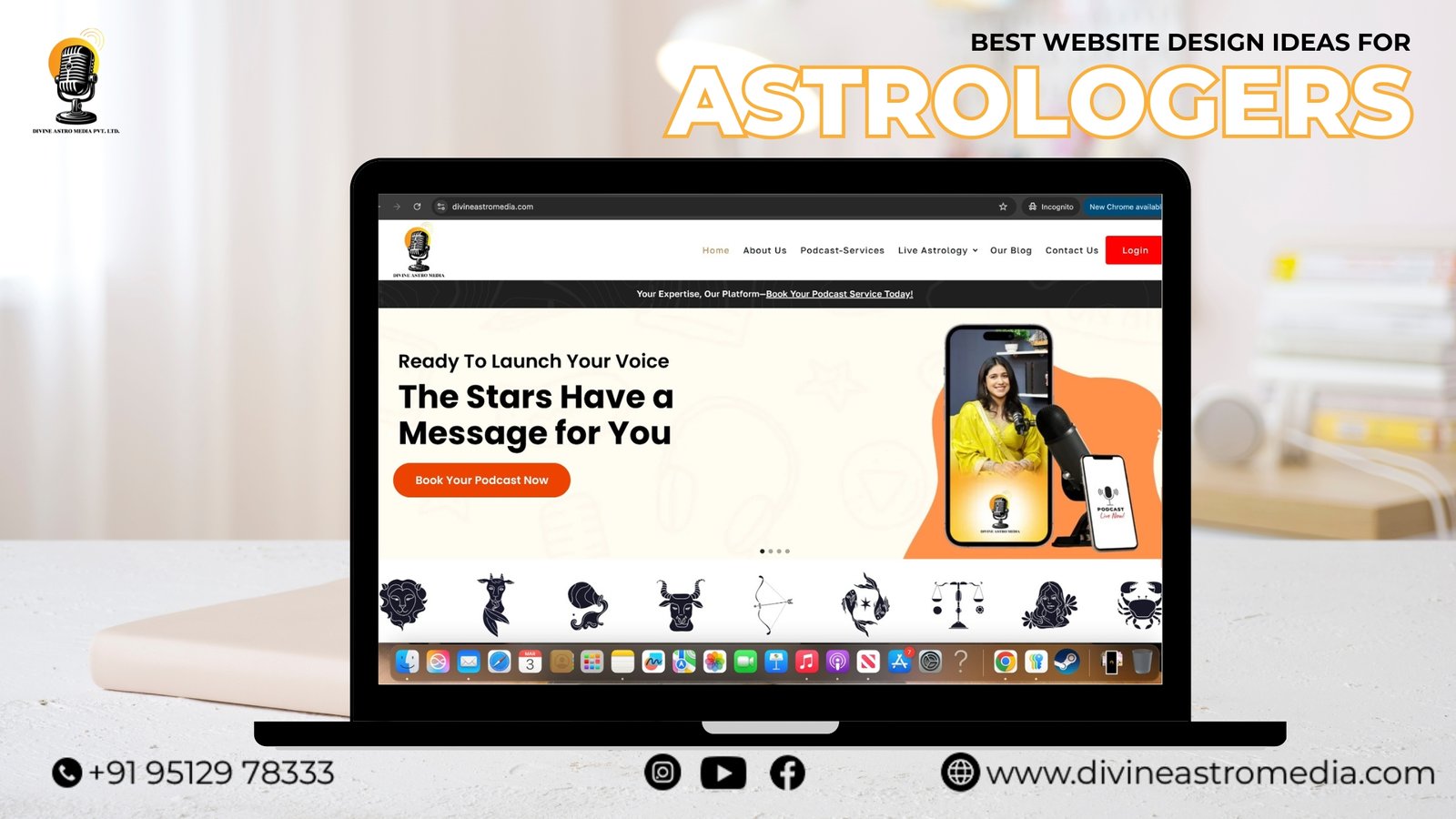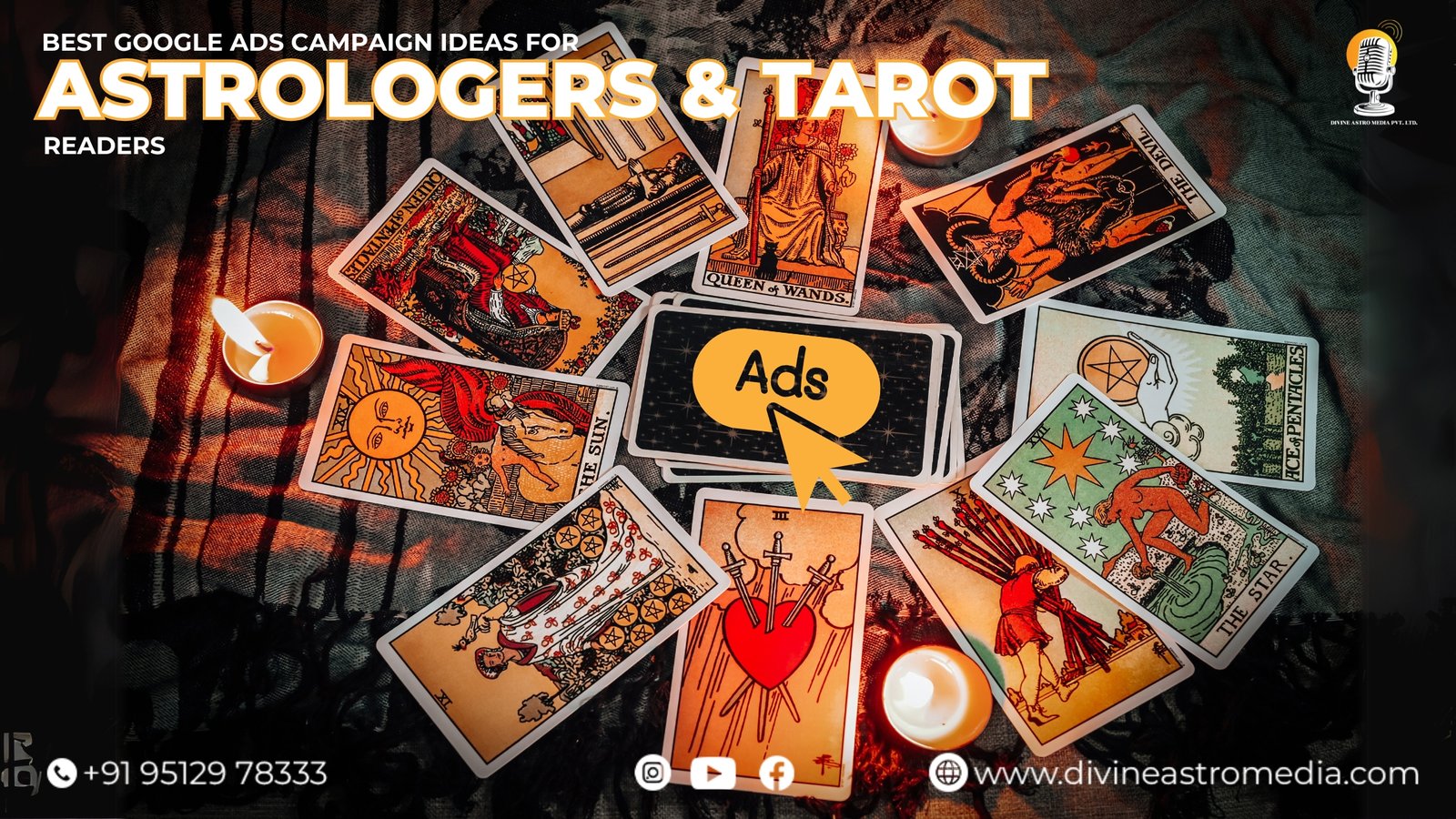Astrology has fascinated humanity for thousands of years, offering insights into personality, relationships, and life events. But in a world driven by science and logic, many people wonder: Does astrology really work? This question has sparked endless debates, with skeptics dismissing it as pseudoscience and believers swearing by its accuracy. In this comprehensive guide, we’ll explore the origins of astrology, how it works, the science (or lack there of) behind it, and why millions of people continue to turn to the stars for guidance. By the end, you’ll have a clearer understanding of whether astrology holds any truth—and how it might benefit your life.
The Origins of Astrology: A Timeless Practice
Tracing Astrology’s Roots
Astrology dates back to ancient civilizations like the Babylonians, Egyptians, and Greeks, who observed the movements of celestial bodies and their correlation with earthly events. These early astrologers believed that the positions of the planets and stars influenced human behavior and destiny. Over time, astrology evolved into a complex system of symbols, charts, and interpretations that we still use today.
Key Milestones in Astrology’s History:
- Babylonian Astrology: Focused on omens and predictions for kings and empires.
- Hellenistic Astrology: Introduced the zodiac signs and natal charts.
- Medieval and Renaissance Astrology: Integrated with astronomy and used for medical and agricultural purposes.
- Modern Astrology: Emphasizes personal growth and self-awareness.
Understanding astrology’s rich history helps us appreciate its enduring appeal and cultural significance.
How Astrology Works: The Basics
The Cosmic Blueprint of Your Life
At its core, astrology is based on the idea that the positions of celestial bodies at the time of your birth influence your personality, relationships, and life path. Here’s a breakdown of the key components:
- The Zodiac Signs: The 12 signs (e.g., Aries, Taurus, Gemini) represent different personality traits and energies.
- The Planets: Each planet (e.g., Sun, Moon, Venus) governs specific aspects of life, such as identity, emotions, and love.
- The Houses: The 12 houses in a natal chart correspond to different areas of life, such as career, relationships, and health.
- Aspects: The angles between planets reveal how they interact and influence each other.
Example: If your Sun is in Leo, you might be confident and creative, while a Moon in Cancer could indicate emotional sensitivity.
The Science Behind Astrology: Fact or Fiction?
Exploring the Evidence
The question “Does astrology really work?” often hinges on its scientific validity. While astrology is not considered a science by the mainstream academic community, it has some intriguing connections to scientific principles.
Arguments For Astrology:
- Cosmic Rhythms: The Moon’s gravitational pull affects ocean tides, suggesting that celestial bodies can influence Earth.
- Seasonal Patterns: The time of year you’re born (linked to your Sun sign) may impact your personality due to environmental factors.
- Psychological Resonance: Many people find astrology descriptions eerily accurate, which could be due to the Barnum effect (the tendency to relate to vague statements).
Arguments Against Astrology:
- Lack of Empirical Evidence: Scientific studies have failed to prove a causal relationship between celestial bodies and human behavior.
- Generalizations: Astrology often relies on broad descriptions that could apply to anyone.
- Confirmation Bias: People tend to remember accurate predictions and forget inaccurate ones.
While astrology may not meet the rigorous standards of science, its value lies in its ability to inspire self-reflection and personal growth.
YOU MIGHT ALSO READ THIS: Is Astrology Real? A Simple Guide to the Stars.
Why Astrology Feels Real: The Power of Belief
The Psychology of Astrology
Even if astrology isn’t scientifically proven, its impact on people’s lives is undeniable. Here’s why astrology feels so real to so many:
- Self-Discovery: Astrology encourages introspection, helping people understand their strengths, weaknesses, and motivations.
- Guidance and Comfort: During uncertain times, astrology offers a sense of direction and reassurance.
- Community and Connection: Sharing astrological insights can foster meaningful conversations and relationships.
- Symbolism and Storytelling: The rich symbolism of astrology resonates with our innate love for stories and patterns.
Tip: Whether or not astrology is “real,” its ability to provide comfort and clarity makes it a valuable tool for many.
Types of Astrology: Which One Speaks to You?
Exploring Different Systems
Astrology isn’t a one-size-fits-all practice. Different cultures and traditions have developed their own systems, each with unique insights.
Popular Types of Astrology:
- Western Astrology: Focuses on the tropical zodiac and natal charts.
- Vedic Astrology: Rooted in ancient Indian traditions, it uses the sidereal zodiac and emphasizes karma and destiny.
- Chinese Astrology: Based on a 12-year cycle of animal signs and the five elements.
- Horary Astrology: Answers specific questions by analyzing the chart for the moment the question is asked.
Tip: Experiment with different types of astrology to find the one that resonates most with you.
Astrology in Everyday Life: Practical Applications
How People Use Astrology Today
Astrology isn’t just about reading horoscopes—it’s a versatile tool that can be applied to various aspects of life.
Common Uses of Astrology:
- Personal Growth: Understanding your natal chart can help you identify areas for improvement and self-development.
- Relationships: Synastry (comparing two charts) can reveal compatibility and potential challenges in relationships.
- Career Guidance: Astrology can highlight your natural talents and ideal career paths.
- Timing Events: Electional astrology helps you choose the best dates for important events like weddings or job interviews.
Example: If you’re a Pisces with a strong Neptune influence, you might thrive in creative fields like art or music.
Debunking Common Astrology Myths
Separating Fact from Fiction
Astrology is often misunderstood, leading to misconceptions that undermine its value. Let’s debunk some common myths:
- Astrology is Just About Sun Signs: While Sun signs are important, a complete astrological profile includes your Moon sign, Rising sign, and planetary placements.
- Astrology Predicts the Future: Astrology reveals trends and potentials, but your choices play a significant role in shaping your destiny.
- All Astrologers Are the Same: Like any profession, the skill and expertise of astrologers vary. It’s important to choose a reputable practitioner.
- Astrology is a Religion: Astrology is a tool for self-discovery, not a belief system or religion.
Tip: Approach astrology with an open mind and a willingness to learn.
The Role of Free Will in Astrology
Are the Stars Really in Control?
One of the most common questions about astrology is whether it negates free will. The answer is no—astrology is a guide, not a dictator.
How Free Will Fits In:
- Awareness: Astrology helps you understand your tendencies and challenges, empowering you to make informed choices.
- Growth: By recognizing your strengths and weaknesses, you can work toward personal growth and transformation.
- Timing: Astrology can help you identify favorable and challenging periods, allowing you to plan accordingly.
Example: If your chart indicates a tendency toward impulsivity, you can use this awareness to practice patience and mindfulness.
Astrology and Modern Technology
How the Digital Age is Revolutionizing Astrology
Technology has made astrology more accessible than ever, with apps, websites, and social media platforms offering instant insights.
Popular Astrology Tools:
- Natal Chart Calculators: Generate your chart in seconds.
- Horoscope Apps: Receive daily, weekly, and monthly forecasts.
- Online Communities: Connect with fellow astrology enthusiasts and experts.
Tip: Use technology to deepen your understanding of astrology, but don’t rely solely on automated interpretations.
Conclusion: Does Astrology Really Work?
So, does astrology really work? The answer depends on how you define “work.” While astrology may not have scientific backing, its ability to inspire self-reflection, provide guidance, and foster connection makes it a valuable tool for millions of people. Whether you’re a skeptic or a believer, there’s no denying the profound impact astrology has had on human history and culture.
Ready to explore the cosmos for yourself? Visit Divine Astro Media Pvt. Ltd for personalized astrology readings, expert guidance, and transformative insights. Your journey to understanding the stars—and yourself—starts here!
Unlock the secrets of the universe with Divine Astro Media Pvt. Ltd—your trusted partner in cosmic wisdom. Book your consultation today and discover how astrology can enrich your life!
FAQs: Quick Answers to Your Astrology Questions
- Does astrology really work?
Astrology works as a tool for self-discovery and guidance, though its scientific validity is debated. - Can astrology predict the future?
Astrology reveals trends and potentials, but your choices ultimately shape your destiny. - How accurate are horoscopes?
Horoscopes provide general guidance based on Sun signs, but personalized readings are more accurate. - Is astrology a science?
Astrology is not considered a science by the mainstream academic community, but it has historical and cultural significance. - How can I learn more about astrology?
Start with your natal chart and explore books, courses, or consultations with professional astrologers.



